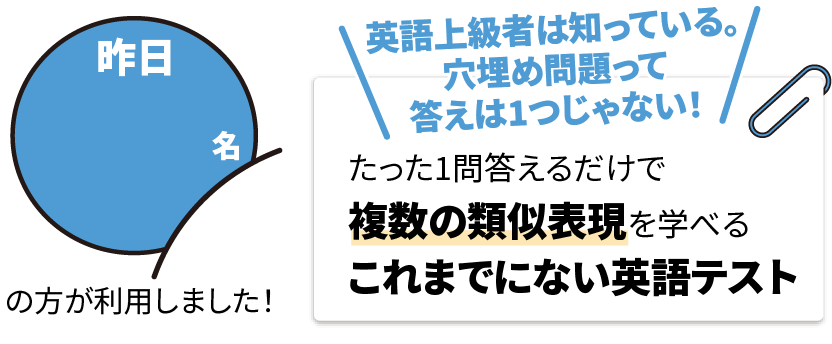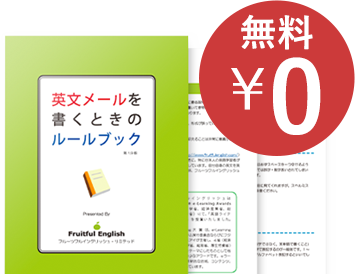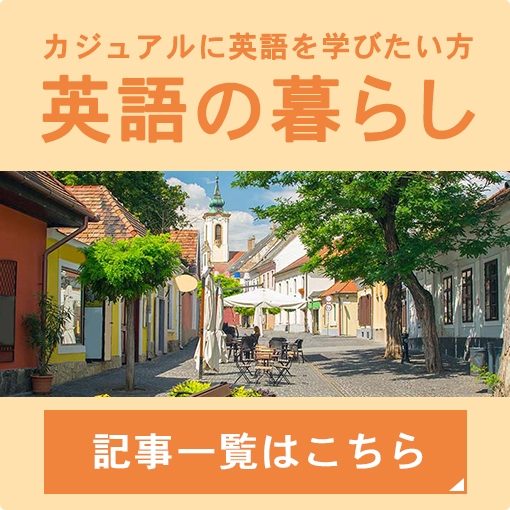Hi everyone, it’s Jacek!
I hope you are doing well in 2019!
When working on assignments here at FE, I come across various types of issues the learners tend to struggle with, and I’ve noticed that articles, although not necessarily seen as one of the more difficult aspects of English, may in fact be challenging and confusing.
In such assignments it’s not always easy or possible to provide enough info that would allow the student to just get it all at once, so I thought it would be a good idea to try to clarify few of the uncertainties some of you might encounter in your texts.
Okay, so let’s start with the indefinite articles “a” and “an”. We know we often apply those to singular nouns, which are also countable and have plural forms, too, for example, “a car”.
But there also may be a case when we use the definite “the” for the same noun, “the car”. So, how do we choose the right one? It depends on how we see this noun in the context/situation we have in our sentence.
It can be a generic noun we use to make some generalization:
“A car is a wheeled vehicle.”
It can be an indefinite noun (an actual thing but not yet specific or identified, more like a type of thing):
“My friend bought a car.”
Or it can be a definite noun (a specific/identified thing):
“My friend bought the car.”
As you can see, the last two examples are almost the same except the article. You may also guess that the latter one must have some sort of background story behind it, because the speaker saying it must be thinking about a specific car. That’s true! We can’t guess the whole story from this single sentence, but “the” signals this particularity.
And here is an example of how it could have started:
“I found a nice car on an online auction. My friend bought the car.”
So, “the car” would be the earlier mentioned “a nice car”. It would be just an indefinite noun at first and then would turn into a definite noun when mentioned again.
Some other times we have situations when “the” might be applied even when the noun hasn’t been mentioned yet (but is seen as a definite noun).
An example:
“I went to a convenience store and asked the clerk about the new campaign.”
In this case, we have indefinite “a convenience store” (not specific one) but definite “the clerk”. We may ask why. It’s because we see “clerk” as a specific one at this point, the one in that convenience store we entered (we see him/her when we enter it). Shortly, the clerk of that store.
However, “…asked a clerk” is also a possible version. In this case, it would mean that when we enter the store we see at least two clerks and we ask one of them (not any specific one at this point). Here we could also say “…asked one of the clerks”.
Additionally, we could have “the” in “I went to the convenience store…”, too, and then it would mean the speaker is thinking about a specific store, perhaps the one he usually goes to (in his vicinity, workplace, etc.)
This shows how much depends on how we as speakers see a given noun in our story.
I will end with an example of how you can practice the choice of a proper article in a fun way (this can continue for as long as you come up with some new nouns; I used capitals for the articles to highlight them):
“I went to A park. In THE park I saw A man. THE man was wearing A hat. THE hat had A peculiar design. THE unusual design attracted A small bird. THE bird sat on A tree. THE tree was huge…”

世界都市「東京」にあこがれてポーランドから日本にやって来た。日本文化に興味があり、英語を教えるのは日本人と交流したいから!という日本が大好きな先生。教わった英語で今度はディープな日本のことをいろいろ教えてあげてください。
※このブログでは英語学習に役立つ情報アドバイスを提供していますが、本ブログで提供された情報及びアドバイスによって起きた問題に関しては一切、当方やライターに責任や義務は発生しません。
※ここでの情報や助言を参考に英文を書いたり下した判断は、すべて読者の責任において行ってください。ここに掲載されている記事内の主張等は、個人の見解であり当社の意見を代弁・代表するものではありません。








 (15 イイネ!が押されています)
(15 イイネ!が押されています)




























コメントする